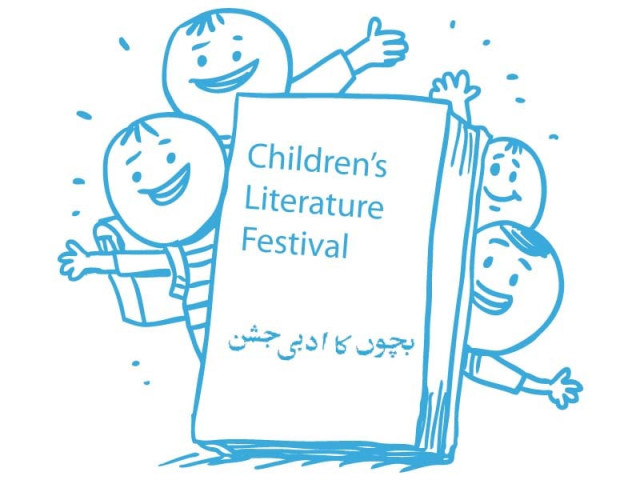Love thy neighbour: Experts for reforming school curricula
Speakers say textbooks should reflect multi-religious identities and histories of each province

Speakers say textbooks should reflect multi-religious identities and histories of each province.
A panel discussion on “Curriculum of Peace or Hate?” was held at the Lok Virsa as part of the Children’s Literature Festival, with Tahira Abdullah, Peter Jacob, Sameena Imtiaz, Bela Raza Jamil, and Aamir Riaz sharing their views.
Activist Tahira Abdullah, who was escorting Pehli Kiran Katchi Abadi School students to the venue, was of the view that it was important to remove Islamic studies sections from all subjects other than Islamiat itself — such as history, social studies, English, and Urdu.
She said it was imperative for two reasons — first, out of respect for non-Muslim students who are not required to study the material, and secondly, to avoid repetition, since Islamic studies were covered in Islamiat.
She said we should be proud of our history and cultural heritage from Mehrgarh 8,500 years ago, till now.
Abdullah said that once we acknowledge and respect our history and heritage, we can start respecting the multicultural, multi-ethnic, multi-religious and multi-linguistic diversity that was the strength of Pakistan.
Educationist Bela Raza Jamil said that the government should listen to a diverse group of students, teachers, educationists and thinkers and take their input onboard for the making of the National Education Policy 2016.
She said the textbooks being taught at public schools needed to be written in a completely new way.
An audience member said that it was important that public school teachers were properly trained. She also said that the role of the Muslim majority should not be patronising of minorities, but of respect.
The speakers said that a subject of ethics that was introduced in the province of Punjab for the non-Muslim students and should also be introduced in other provinces.
At the same time, a panel member lamented that teachers and markers for subject of ethics were not available in Punjab, though the subject was introduced in 2010.
He also said that the ethics book that intended to cover teachings of various religions misses any mention of the Ahmadis.
The panel member said that 2.4 per cent of the population of Punjab is non-Muslim, meaning that it is all the more important to focus on ending discrimination in the province.
Aamir Riaz, a curriculum reviewer for the Punjab Textbook Board, said that a curriculum should reflect the religious diversity of a province. He said that all students should be taught about non-Muslim heroes who contributed to the development and progress of the country, from the battlefields to the courts, to arts and industry.
Speakers and a number of visitors said that they were disappointed that there were no access ramps at the venue for the disabled. They said that access ramps should be built at every public venue.
Published in The Express Tribune, October 3rd, 2015.



1724319076-0/Untitled-design-(5)1724319076-0-208x130.webp)















COMMENTS
Comments are moderated and generally will be posted if they are on-topic and not abusive.
For more information, please see our Comments FAQ